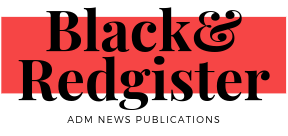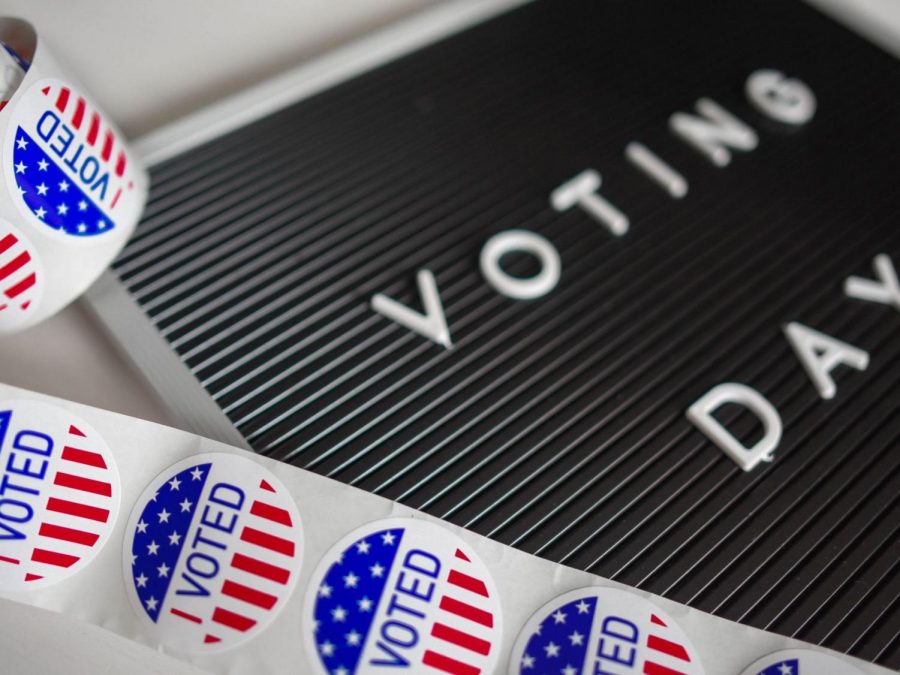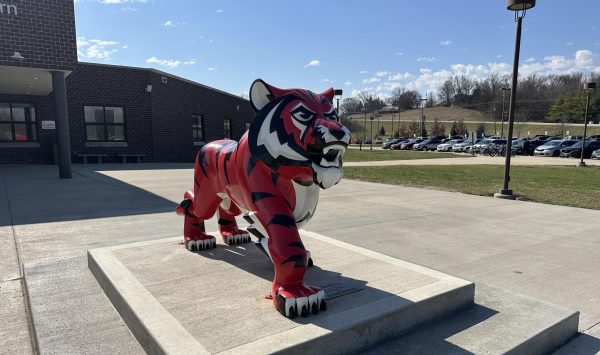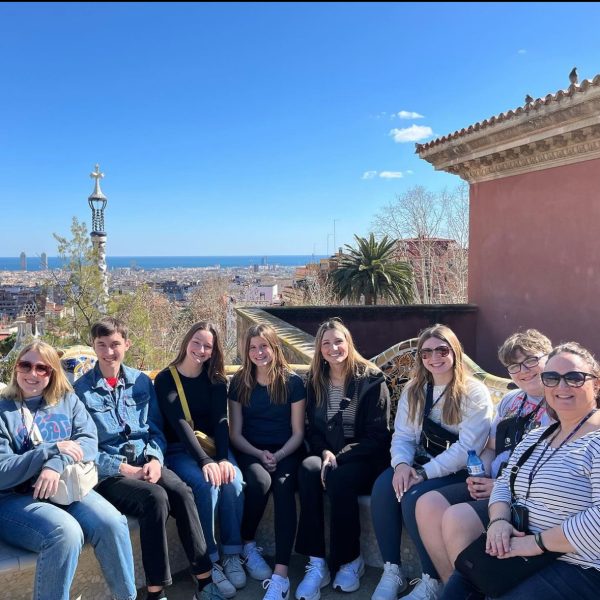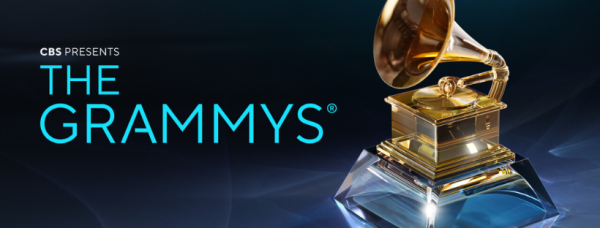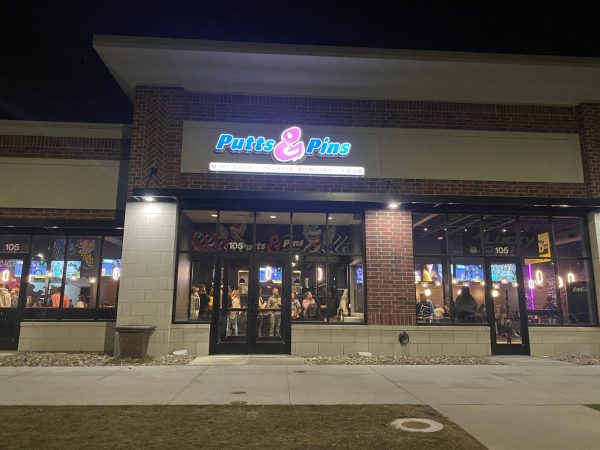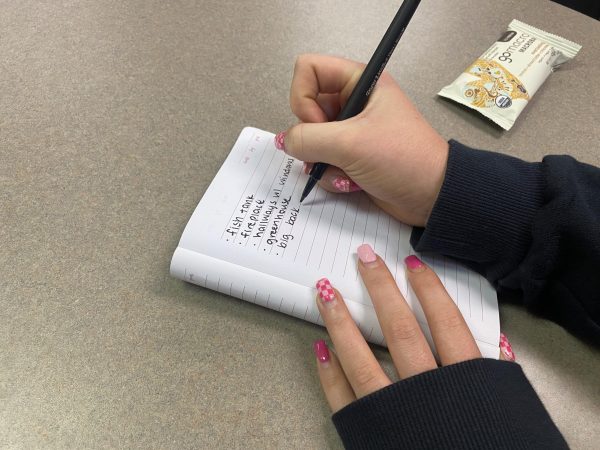Jansen: Your Vote Matters
Photo by Canva
On Tuesday, November 3rd millions of Americans cast their vote for the next president of the United States.
Your vote matters. Your voice matters.
We the people are the backbone of the United States. Our country, founded on freedom and the chance to be our own, with our own opinions, our own laws, our own government, started with three words in our own Constitution. We the people- we as in together, as in equal, is in one, was where our country started. We the people run our democracy. We the people can vote, decide the leaders of our nation. When deciding that we the people have the power, equality was on the mind of federalists as the Electoral College was formed. It was meant to create a balance between large and small states, not give one area more power than the rest. It was supposed to help everyone’s voice be heard, not silence anyone.
The Electoral College is made up of 100 senators, (two from each state), and the 438 representatives from every state and the District of Columbia who all vote to choose the next president of the United States. Their votes are cast based on the winner of the popular vote in their state. While this idea, written in the second article of the Constitution, was plausible at the time is not in this day in age. Our country’s voters are everyone, more than land-owning white men. The problem that comes into play with the Electoral College is when a nominee loses the popular vote but wins the Electoral College. The popular vote played a part, but individuals’ voices and opinions don’t matter for the entire country, only their state.
Electors in the Electoral College can also cast a vote that is not based on their state’s popular vote. In the 2016 election, seven electors voted against the popular vote of their state. While 29 states and the district of Columbia require that their electors follow the popular vote, some, such as Colorado does not. In the lawsuit Baca v. Hiceklooker, It was decided in federal courts that states can not get rid of or penalize the “faithless electors” votes, but have to honor their choice no matter what their intent was. While this problem hasn’t influenced decisions yet, it possibly can tip an election in the future. If your electors don’t have to vote with the popular vote, the American people are silenced, making the popular vote useless.
While the Electoral College will play a part in this upcoming election, many states have started passing laws to get it abolished. Fifteen states, as well as the District of Columbia, have passed laws to embrace the National Popular Vote Interstate Compact, which would make the electors vote for the winner of the overall popular vote, even if that candidate did not win the popular vote in their state. While this process would edit the role of the Constitution, it would not be entirely effective based on the fact that electors can still vote against the popular vote. The other option is eliminating the Electoral College itself. For this to happen, 38 out of the 50 states would need to give their approval as well as getting 2/3rds of the votes in both the house and the senate. While the Electoral College has been effective before, it silences too much of the popular vote and does not give the American people the freedom to decide who the majority votes for President as a whole. They say your voice, your vote matters. But with the Electoral College, does it?
